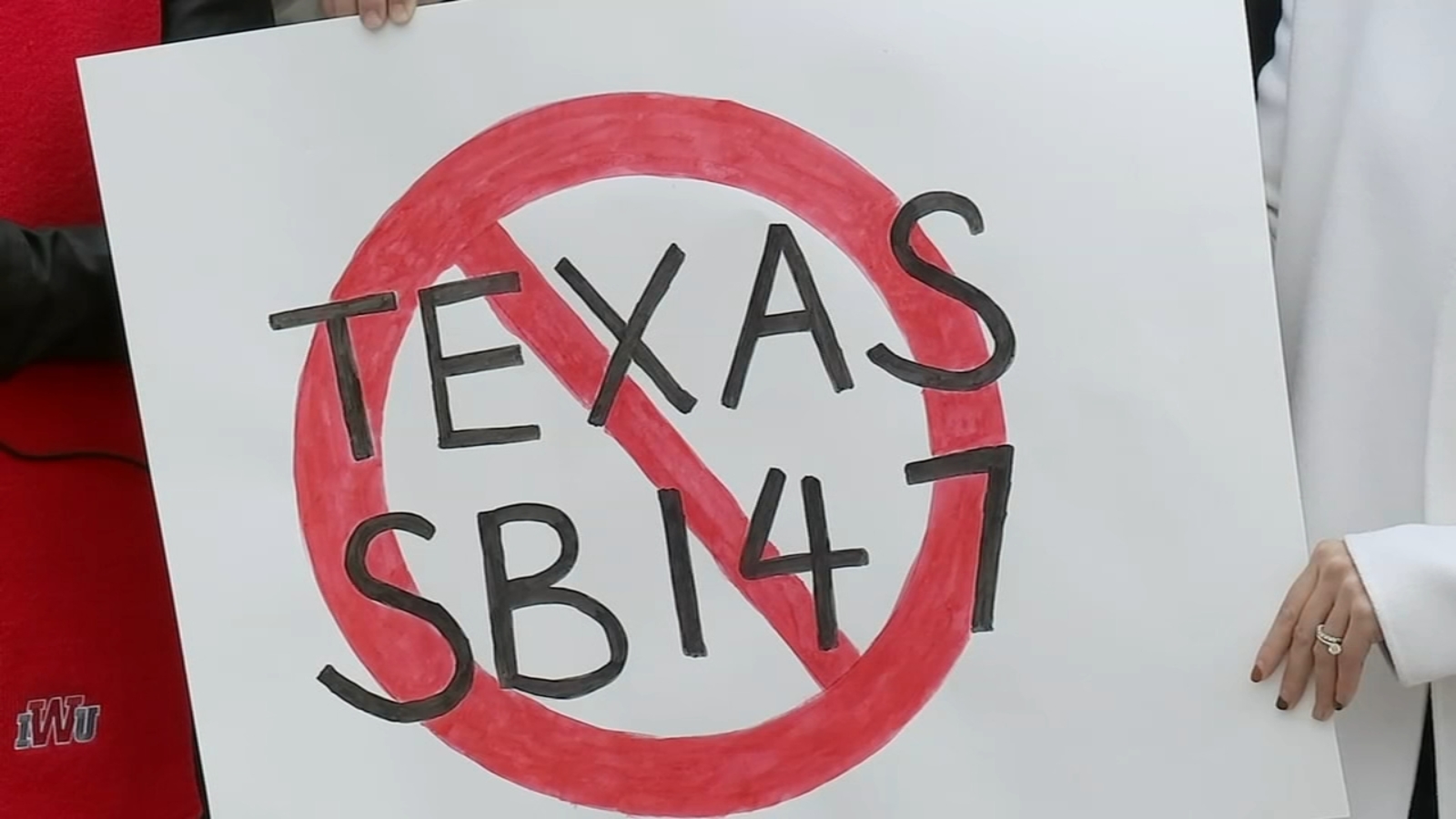Targeting Outsourced to Director of National Intelligence Reports
The new version of SB 147 that was passed out of committee in the Texas State Senate includes a few changes. One avoids mentioning the targeted countries by names, but instead defines a “designated country” as one that the US Director of National Intelligence has identified as posing “a risk to the national security of the United States in each of the three most recent Annual Threat Assessments of the U.S. Intelligence Community.”
In the 2021, 2022 and 2023 threat assessments, China, Iran, Russia and North Korea are identified and receive a dedicated chapter. A straightforward reading of the bill would identify these four countries alone as “designated countries” and restrict the ability to purchase property on the basis of whether an individual is a citizen of those countries. However, in the 2019 threat assessment, the threats are broken down less by country and more by region. China and Russia are grouped together, but other nations are referenced in regional chapters including the Middle East and North Africa and Europe. While the four nations above are all addressed in the report, it is somewhat unclear how changes to the format of the threat assessment – which is not written with the intention to trigger legislation at the State level – could impact implementation of SB 147.
The change away from naming the targeted states directly might be intended to insulate the restrictions from legal challenges. By tying the targets to a report from the Director of National Intelligence, the bill’s author and its supporters will likely claim that who is targeted is out of their hands and thus will try to wash their hands of charges of discrimination. This approach does raise other complications, however. In 2020, the threat assessment was never released due to concerns that intelligence would undercut Trump administration arguments on a variety of issues, including pandemic preparedness. It is unclear what would happen if annual threat assessments are withheld from the public following the bill becoming law, as this scenario is not contemplated in the text.
Homestead exemption less than meets the eye
The bill’s authors claim it was amended to make clear that it is aimed at “regimes identified as threats,” not “those fleeing the tyranny of those governments who seek freedom in Texas.”
A new provision clarifies that individuals who are a “citizen or lawful permanent resident of the United States, including an individual who is a citizen of a foreign country” are exempt from the property purchase ban. This is a welcome – but insufficient – addition that somewhat reduces the likelihood that dual citizens will be directly targeted by the discriminatory ban. Critically, visa holders from designated countries who have not secured citizenship or permanent residency would still be directly impacted by the restrictions, underscoring the continued discriminatory impact of the bill.
A new exemption allowing citizens of targeted countries to purchase a “residence homestead” could also open up major complications for many prospective homebuyers. This is because a “residence homestead” is not conferred upon purchase of a home in Texas. Instead, it is effectively a status that confers tax breaks that is filed after the purchase of a home. To qualify, a home buyer must occupy and reside at their property on January 1st of the tax year. Acreage limits also apply, depending on whether the home is within a city limit. Moreover, those applying must complete an application form and submit it to their county appraisal district, which may be daunting to an individual filing in their second language.
Such a convoluted exemption that takes effect months after a home purchase opens up prospective home buyers to serious risks of housing discrimination. First, those selling a home will be incentivized to avoid selling to individuals they believe are of Chinese, Iranian, Korean and Russian heritage given the potential risk – real or imagined – that the sale could be investigated and voided by the Texas state government. Such discrimination could also impact individuals who are also citizens of the United States who hold no connections to targeted nations.
Additionally, the bill empowers the Texas Attorney General to investigate any actors believed to be in violation of the restrictions enacted by the bill and granting them powers of discovery to work through district courts. The law enacts no guardrails against the Attorney General using these powers to harass and illegitimately target individuals of Chinese, Iranian, Korean or Russian heritage, and instead leaves it up to the Attorney General to adopt rules for enforcement. Such a formula ensures that the restrictions could be easily abused to discriminate against U.S. citizens, green card holders, foreign nationals and various businesses.
The homestead exemption in the committee-passed version of SB 147 also notably excludes property purchases associated with owning a business, as homestead exemptions only apply to primary residences. Thus, targeted visa holders who have not secured permanent residence would be unjustly barred from pursuing property purchases associated with otherwise legitimate business purposes, meaning that national heritage would unjustly tilt the scales against prospective and current Chinese, Iranian, Russian, and Korean businesspersons.
These shortcomings and dangers underscore the fatal flaw of the bill: by continuing to target on the basis of national heritage, SB 147 as amended continues to invite discrimination against many different communities. As such, it must be rejected by the Texas State legislature – or, failing this, by the courts.
Back to top